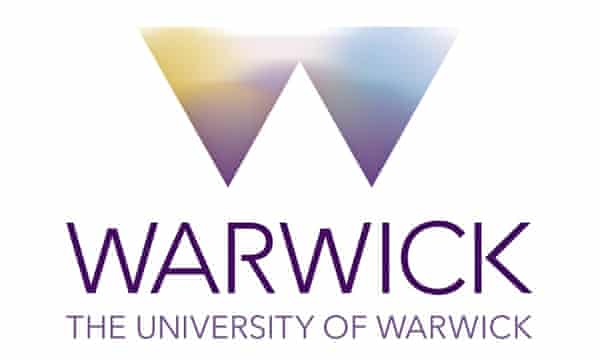University of Warwick: Metal forming to be cleaner and greener thanks to UKRI fellowship
The future of smart metal forming will be investigated by Dr Ed Brambley at the University of Warwick thanks to his award of a UKRI Future Leaders Fellowship. The fellowship enables him to perform blue-skies research in mathematical modelling in continuum solid mechanics and plasticity, the outcome of which could be used to provide predictive theoretical models to make industrial metal forming greener and cleaner.
Dr Ed Brambley is an Associate Professor at the University of Warwick, at both the Maths and WMG departments. He is one of 97 scientists in the UK to receive a UKRI Future Leaders Fellowship in the 5th round, and over the next four years he will perform blue-skies research to investigate new mathematical modelling techniques that can make industrial metal forming cleaner and greener, thanks to £780k funding from UKRI and £230k funding from theCaption: Ring rolling metal forming Credit: Hammerwerk Erft University of Warwick.
Metal forming is the shaping of metal; examples from manufacturing include rolling metal to create thin sheets and stamping flat sheets of metal to form car body panels. There is currently an industrial need for smarter metal forming in order to create new products, to reduce scrap, to compensate for more variable materials (e.g. recycled metals), to reduce costs, and to reduce energy usage.
With current 21st century technology most people would expect computer-controlled metal forming processes, which would monitor the metal work piece during the forming process and adapt the process to correct any problems to obtain the desired end result.
However, the computer controller needs a theoretical model to predict what would happen if it were to make a change, in order to find the right changes to make, and such theoretical models are currently unavailable; and computer simulations are too slow for use in real-time.
The current state of the art is to use computer finite element simulations during process development or to diagnose problems, and then to use simple controllers (such as PID controllers) to blindly follow the pre-prescribed forming procedure.
New modelling techniques could give a substantial improvement, hence why Dr Ed Brambley will investigate techniques from mathematical modelling of continuum solid mechanics and plasticity, the outcome of which could be used to provide predictive theoretical models for industrial metal forming.Caption: Dr Ed Brambley, WMG/Maths University of Warwick Credit: WMG, University of Warwick
Dr Ed Brambley, from the University of Warwick, comments:
“Unlike existing computer simulations which work in all situations but are slow, my aim here is to take advantage of properties of particular metal forming processes, such as symmetry, or small parameters such as thin sheets, small deformations, and so on, and create bespoke simplified models specific to each of these processes.
“By accounting for these properties in a rigorous way, and using best practice mathematical techniques, I could produce quick-to-compute models with a guaranteeable accuracy. Such models would be exactly what is needed for online control of the metal forming process, and in the long term could create new products, reduce scrap, compensate for more variable materials such as recycled metals, reduce costs, and reduce energy usage.”
Not only will the funding help Dr Brambley’s research, it will also be used to support a post-doctoral researcher, and several PhD students from existing Warwick CDT’s will be involved in the research. Meaning Dr Brambley will be training a new generation of mathematicians and engineers to use these new mathematical modelling skills in industry.

